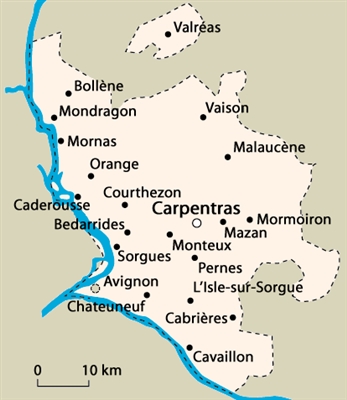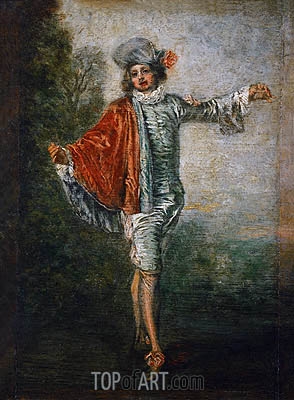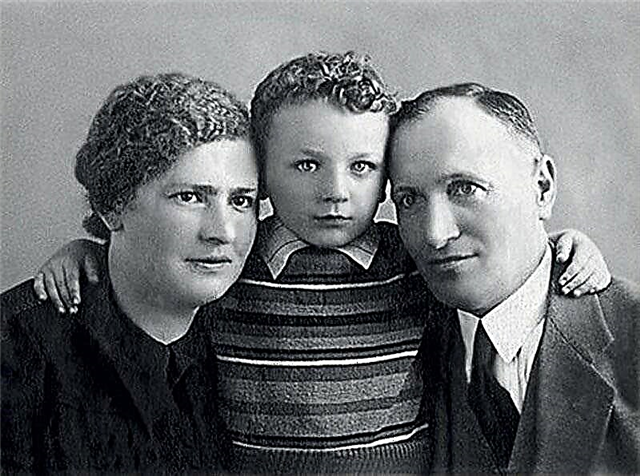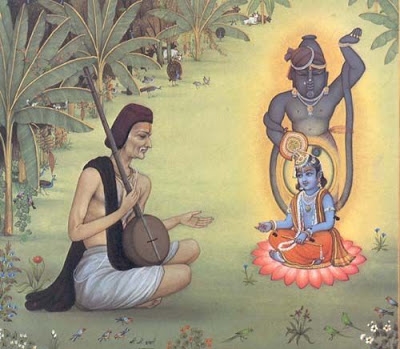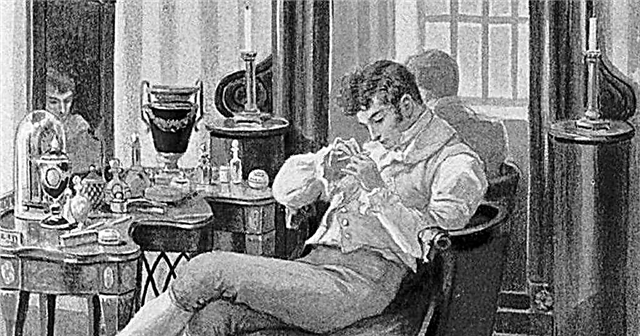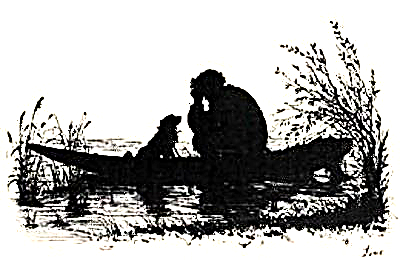All his life, Bunin felt like a stranger, belonging to a different era. He was not accepted by many contemporaries: one he seemed to be "an overly everyday writer", the other - "not enough ideological." However, the author with his "keen eye" was able to see and feel life in all its manifestations. Visuality for him is an integral element of any work
But how is it possible to do without music in music, in painting without colors and without depicting (even the latest, most ridiculous) objects, and in literature without a word, a thing, as you know, is not completely ethereal? - he wrote
The writer carried the heavy burden of literary non-recognition through all the years. But such "loneliness in writing" did not prevent him from creating real masterpieces, interest in which has not disappeared even today. Why is it not gone? But because the author raised a huge number of important and eternal problems. In this paper, we will analyze the most basic of them.
The problems that attracted Bunin's attention are mainly related to the era in which the writer was "forced" to exist. Why is “forced”? He repeatedly complained about fate. “Yes, the fate of“ great, historical ”events has given us too much. I was born too late, ”the creator declared. Indeed, during the life of the author, grandiose events occurred that affected every inhabitant of Russia: world war, revolution of 1905, 1917, the Great Patriotic War. Like many, Bunin could not ignore these phenomena in his works. So, the problem of the fate of Russia is often present on the pages of the masterpieces of the author. For example, in the philosophical and journalistic work “Cursed Days” (1918), he expressed his attitude to the October Revolution. While Blok heard “the music of revolution” in this, the writer heard “the cacophony of rebellion.”
Bunin's lyric works are less well-known, but they reflect the problem that the author "carried" with him through his whole life - loneliness. In the poem of the same name, the lyrical hero experiences parting with his beloved. We see not only internal devastation, but also external: around there is “gray darkness”, “cold desert of water”. He hopes for the coming of spring, for inner revival. But will it ever come? This poem also reveals another important problem for Bunin - love. The difficulties in the relationship between a man and a woman are reflected in many prose works of the writer. For him, this is a sharp blow, an obsession that “God comes from where and brings heroes to meet fate”.
Despite the fact that Bunin himself called himself an “exile”, that he spent more than thirty years in the territory of a foreign country, he was always close to his homeland, with his people. The writer was worried about the fate of the fatherland. Until the last days, he yearned for his native land, but never returned. Bunin is an integral part of our history. A part to be proud of.

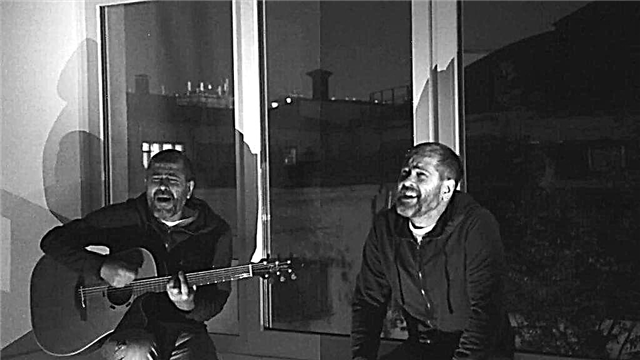
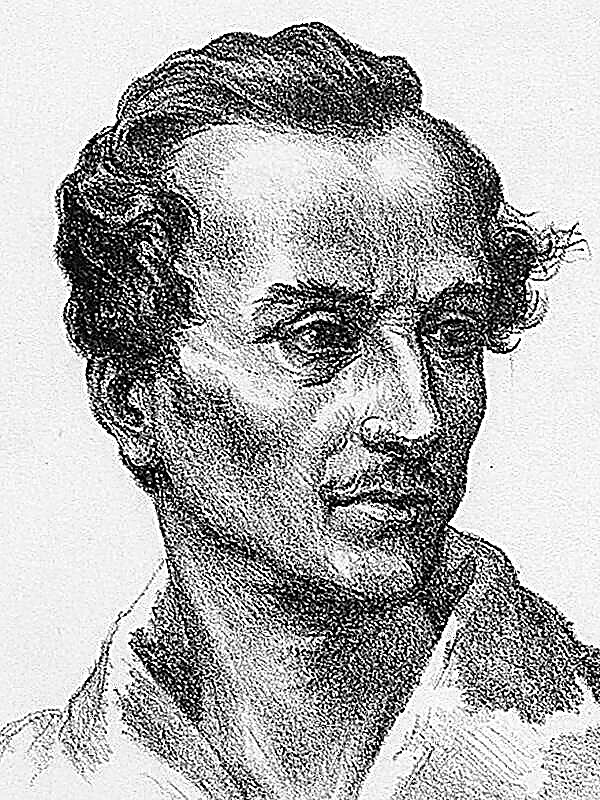
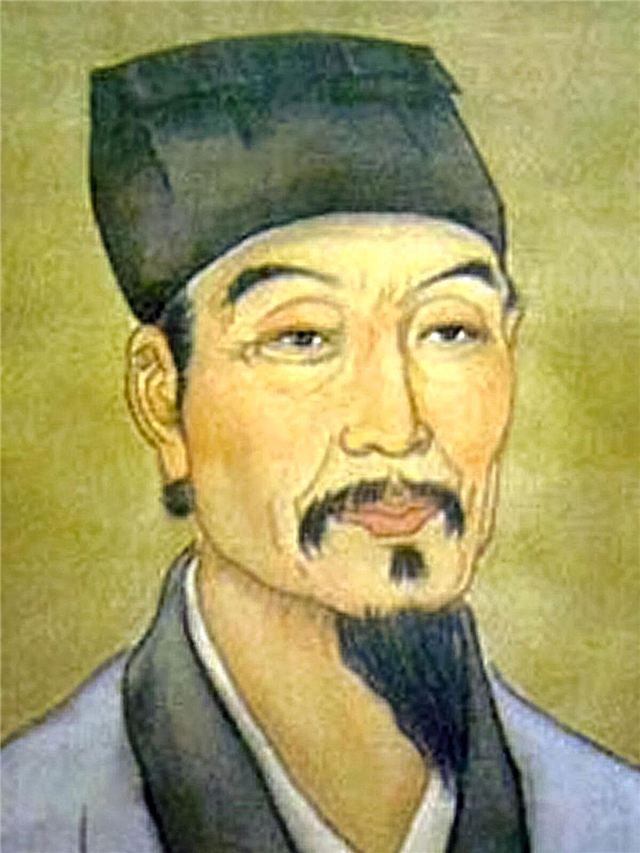

 More than business
More than business